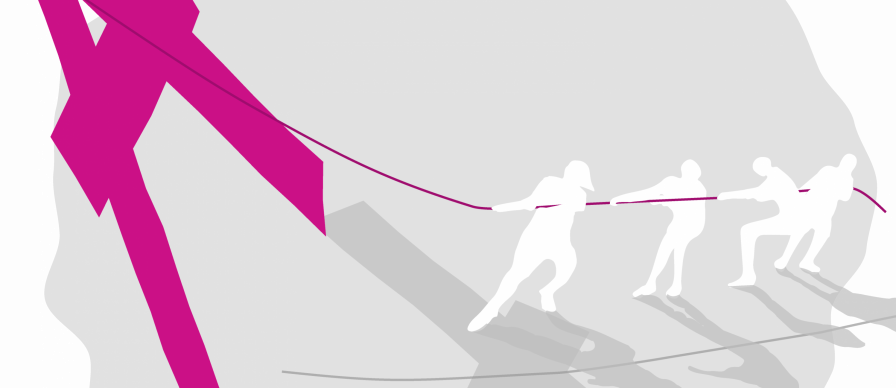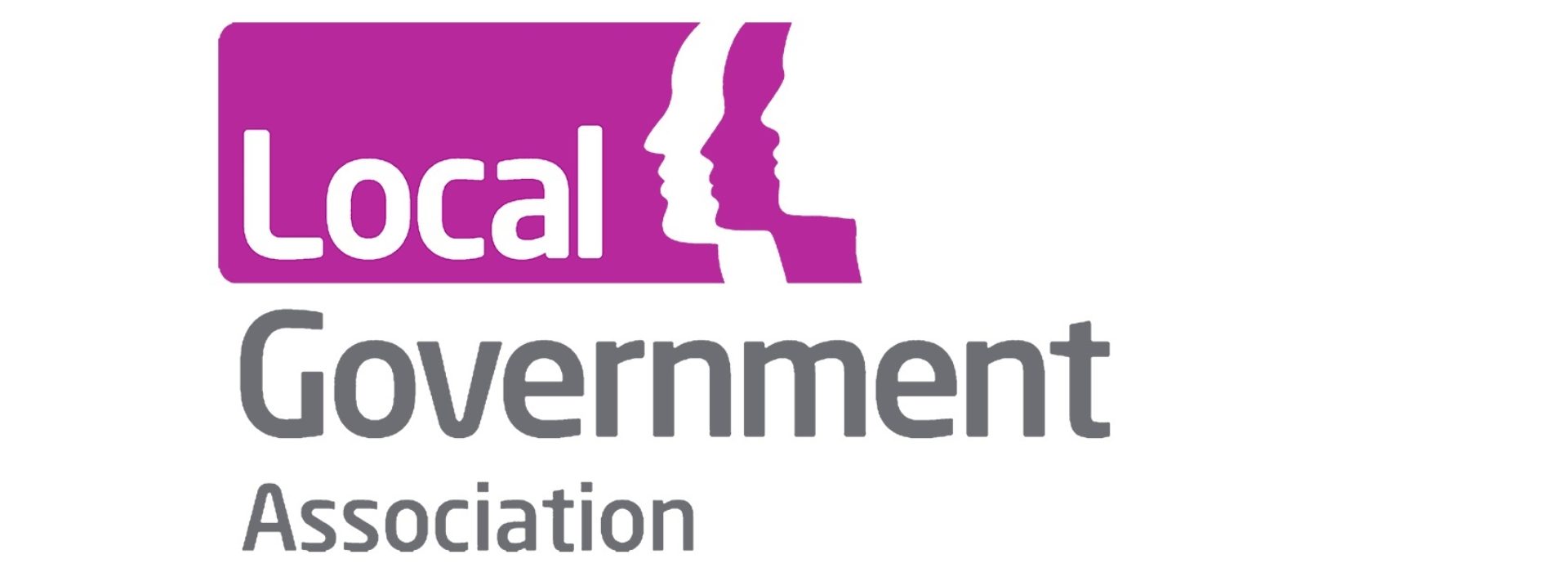The LGA website features several examples of how community organising has played a significant role in supporting local authorities – creating an environment and forum for citizens to raise issues and concerns; finding out what people care about by speaking to them directly, building networks and relationships with the intention of acting collectively to bring about social change.
Published 25th October 2016
Local Government Association endorses community organising
The Local Government Association (LGA) has highlighted community organising as an effective approach for civic and democratic engagement in process of local government devolution.
Local government can choose to engage with community organisers and create spaces in which they can listen to those who feel disempowered and/or left out of the political process, for example those in low-income households. It is a power building process which has coherent long term strategies for achieving change.
Below is one of the community organising case studies highlighted on the LGA website:

L-R: Senior community organiser David Jones, with local activists Rushda Jubin, Hannah Eulilan (and her daughters Lydia and Sophie), Nabila Sajid, and Nottinghamshire Police and Crime Commissinoner Paddy Tipping.
Nottinghamshire Police Force Preventing Demand Strategy
Nottinghamshire police force work with community organisers as part of their campaign for prevention and early intervention. This came about after the area police force acknowledged that they needed try new ideas to engage with those communities in their 2014-2017 Preventing Demand Strategy. It was through this period of exploration that the police force came across community organising as a method.
Nottinghamshire police have hired a senior community organiser who helps them to look for new ways of engaging with disaffected communities in the area. The senior community organiser works to ensure that residents are better connected, helps with early intervention by identifying behind closed door issues, supports local communities to take joint ownership of local problems, and helps build the sustainability of local economies.
The senior community organiser listens widely on the doorstep to the issues which matter to residents. They help train and co-ordinate local volunteers in order to build their skills and confidence, as well as helping communities implement project ideas. They work with the Prevent project team in the police force, providing advice on maintaining trust and relationships with local communities, as well as ensuring that the Prevent team carry out projects which are suited to the communities they affect.
Lessons learned:
- Community organisers can help reveal the underlying causes of many problems – leading to a focus on prevention, rather than acute response.
- Hiring community organisers in an official capacity can provide local government with a way of harnessing the expertise of those individuals, however community organisers also need to maintain their independence. In the development and implementation of devolution deals, community organisers could be given a formal role but without being hired into government institutions.
- When embedded in communities, community organisers can provide a key form of knowledge which enables local government to tailor policies to the area.
See the full story on the LGA website here.



